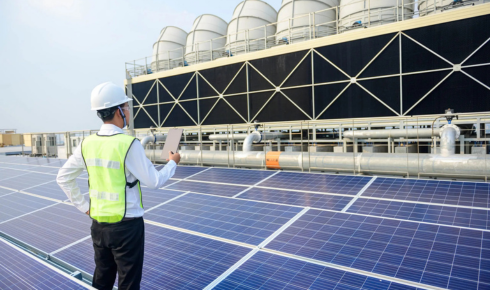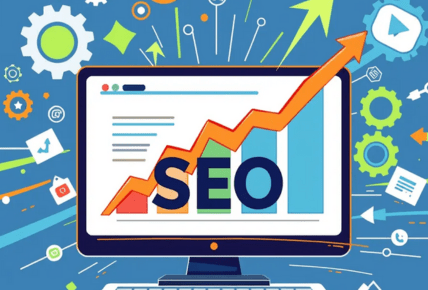The demand for renewable energy is growing rapidly, and solar technology has become one of the most popular solutions for both residential and industrial sectors. Among the various solar-based products available today, the solar water heating system and solar solutions for industries stand out as cost-effective, eco-friendly, and efficient technologies. With rising fuel prices and environmental concerns, households, businesses, and factories are increasingly switching to solar-powered alternatives for sustainable growth.
What is a Solar Water Heating System?
A solar water heating system uses energy from the sun to heat water for domestic, commercial, or industrial use. It consists mainly of solar collectors, storage tanks, pumps, and controllers. The collectors absorb sunlight, which is then transferred to the water stored in insulated tanks. This hot water can be used for bathing, cleaning, cooking, or even in industries for processing and sterilization purposes.
There are two main types of systems:
- Flat Plate Collectors (FPCs): Best suited for moderate climates, they are durable and long-lasting.
- Evacuated Tube Collectors (ETCs): Designed for colder regions, they retain heat efficiently even in low sunlight conditions.
By utilizing free solar energy, these systems can meet up to 80% of a household’s or institution’s water heating needs, significantly reducing electricity or fuel expenses.
Benefits of Solar Water Heating
- Cost Savings: Since sunlight is free, running costs are almost negligible after installation.
- Eco-Friendly: Solar heating reduces dependency on fossil fuels, cutting carbon emissions.
- Low Maintenance: Once installed, these systems require very little upkeep.
- Government Incentives: Many states offer subsidies and rebates to encourage adoption.
- Long Lifespan: High-quality systems can last 15–20 years with minimal maintenance.
Solar Applications in the Industrial Sector
The use of Solar industrial solutions has seen significant growth in recent years. Industries consume massive amounts of energy for heating, cooling, lighting, and running heavy machinery. Shifting to solar energy helps reduce operational costs while supporting sustainability goals.
Some common solar applications in industries include:
- Solar Water and Steam Heating: Used in textile, food processing, chemical, and pharmaceutical sectors.
- Solar-Powered Cooling Systems: Maintaining temperature in storage and processing units.
- Solar Dryers: For drying agricultural produce, spices, and herbs efficiently.
- Solar-Powered Boilers: Generating steam for various industrial processes.
- Rooftop Solar Plants: Supplying clean electricity to run day-to-day operations.
Industries benefit not just from reduced energy bills but also from improved brand reputation as consumers increasingly prefer eco-conscious companies.
Why Industries Should Adopt Solar Solutions
- Cost Efficiency: Energy bills form a major part of industrial expenses. Solar installations drastically reduce these costs in the long run.
- Sustainability Goals: Many industries are under pressure to reduce carbon footprints. Solar energy helps achieve green certifications and compliance with environmental regulations.
- Energy Security: With unpredictable fuel prices and growing energy demand, solar offers stable and reliable power.
- Government Support: Subsidies, tax benefits, and renewable energy mandates make solar adoption easier.
Challenges and Solutions
While solar adoption is growing, industries may face challenges like high upfront costs, space requirements for installations, and technical expertise for maintenance. However, falling solar panel prices, availability of financing options, and advanced technology are helping overcome these barriers. Many companies now offer turnkey solar projects, handling everything from consultation and installation to long-term servicing.
Future of Solar Heating and Industrial Solutions
The future of solar energy looks extremely promising, with continuous advancements in storage technology, panel efficiency, and smart grid integration. Solar water heaters are expected to become standard in households, while industries will increasingly rely on large-scale solar projects to power operations. As awareness grows, both sectors will play a significant role in reducing dependence on conventional fuels and moving toward a greener economy.
Conclusion
The adoption of solar technology is more than just a trend—it is a necessity for sustainable living and long-term cost savings. From households using solar water heaters to industries investing in large-scale solar plants, the shift towards renewable energy is undeniable. By investing in solar today, both individuals and businesses can ensure financial benefits, energy security, and a healthier environment for future generations.





